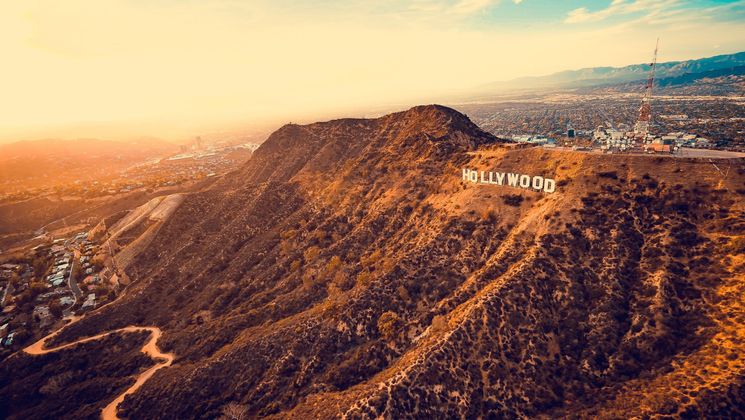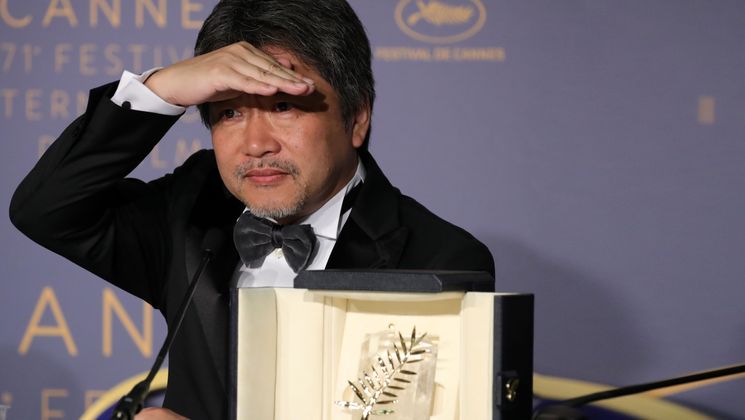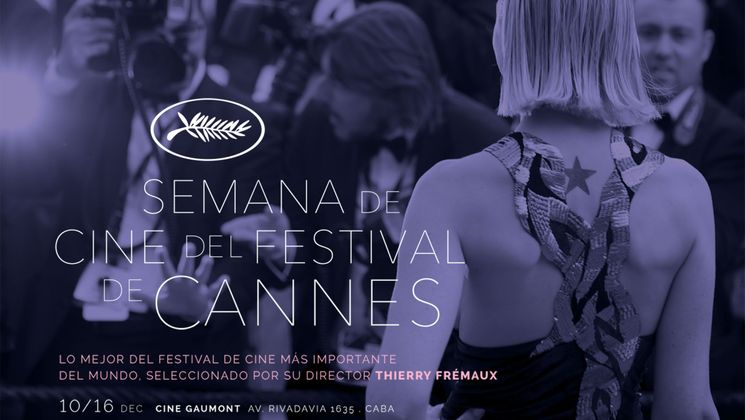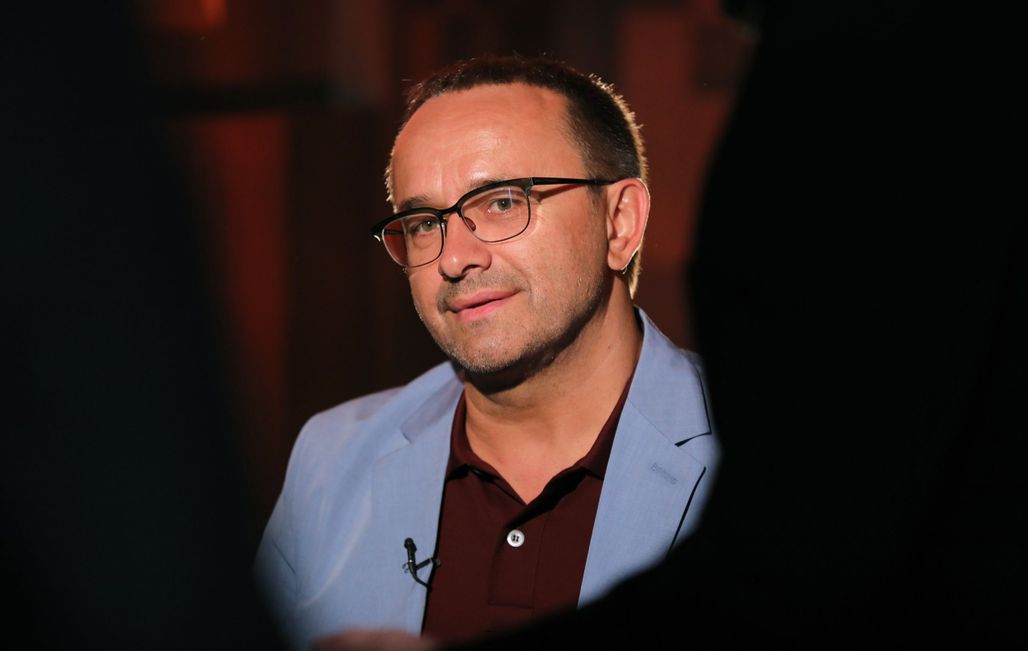
Interview with Andrey Zvyagintsev, member of the Feature Films Jury

Having won a Golden Lion in Venice in 2003 for The Return, his first feature film upon graduating from his theatre studies, Andrey Zvyagintsev emerged as the new figurehead of Russian cinema. Compared in the media to Tarkovsky, the director put distance between himself and the pressure of the parallels drawn with four films: Izganie (The Banishment) (2007), Elena (2011), Leviafan (Leviathan) (2014) and Nelyubov (Loveless) (2017), all of which won awards at Cannes. The director reflects on his career and the Russian film industry.
What film left its mark on you as a young film buff?
L’Avventura (1960) by Michelangelo Antonioni. I first saw it on a big screen at Moscow's film school in 1988. I was 25 and in my second year of theatre studies. A friend and film operator snuck me into the room through a hidden door – and that's how I got to see The Trial by Orson Welles and Psycho by Alfred Hitchcock, too. I'd never heard of Antonioni before seeing the film for the first time, and I was literally captivated by what I was seeing from start to finish. I'd already seen movies by directors in the same vein as Antonioni, like Bergman and Tarkovsky, but L’Avventura (The Adventure) was really what changed things for me.
What made you want to be a director?
Once I'd finished my theatre studies, I found myself rejecting the theatre, like a repulsion. The more films I saw, the more I fell in love with the silver screen. I realised I wanted to make movies. I remember one screening, where the curtain opened and I felt like I was the director, I told myself this could be my film we were about to see. I was at a stage in my life when I was going through a kind of personal transition.
There was a 12-year delay between L’Avventura and your first experience behind the camera. Why was that?
You have to put it in context. This was the post-Perestroika era when everything was really difficult, especially becoming a director when you hadn't studied film. On a technical level, we were still shooting 35mm film. Nowadays, you can make a film on your smartphone! That's what finally happened in 2000, with a series called The Black Room. That's when my destiny started falling into place.
Was it difficult to make The Return, your first feature film?
There were no obstacles to making the film. I met the producer, Dmitriy Lesnevskiy, and I made three episodes in the series, each running for 25 minutes. He was the one who got me up and running. He saw what I could do and suggested we make a feature film together. It took a while for us to find a script. We had a really limited budget but we managed to make the film we wanted to make. In those days, it wasn't hard to make a film. On the other hand, it was hard to get them distributed. Russia was only just beginning to pick itself back up, the institutions were in tatters. There was no film distribution on a global level, especially not for Russian films.
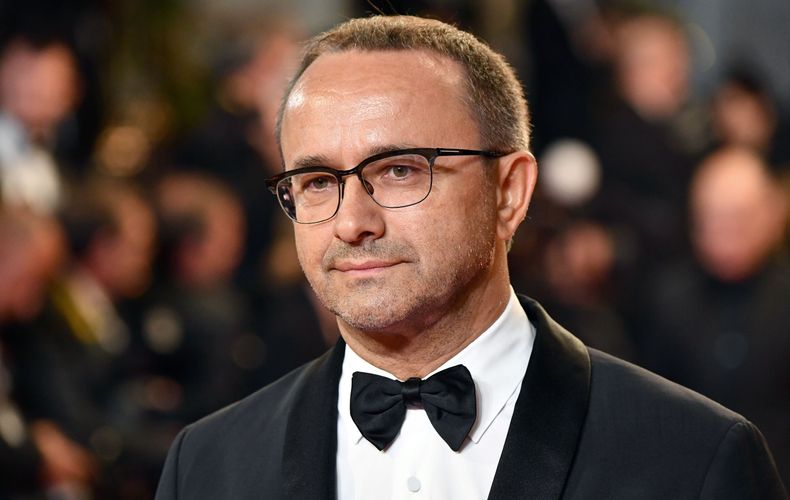
Andrey Zvyagintsev - Member of the Feature Films Jury © Alberto Pizzoli/AFP
A director is a bit like a tree with roots that reach down to get the nutrients they need.
Tarkovsky, Antonioni, Berman and Bresson are my people, and I didn't try to move away from this artistic heritage in Elena, Leviathan or Loveless, which I later went on to make. I went down that path because I got older, I changed, everything fell into place naturally.
Is it important for an artist to find their own language?
It's essential to not try to copy the people who influenced you. That's what makes film something living, rather than just imitation. Although we do all influence one another, as do writers and painters.
Do you have any particular working methods?
Generally, I get my ideas from stories I've been told, a newspaper article I might have read, or as was the case with Leviathan, from a social phenomenon that inspires me. I develop my idea in a few pages that I then send to my writer, Oleg Neguine. At that point, the script starts to take shape. Overall, I always spend around a year preparing for a film. The places I see when scouting for locations can also shape how the story develops. They impact on the way in which I go on to piece a story together.
What's changed in the Russian film industry since you first started?
For 15 or 20 years now, our films have focussed more on entertainment, the commercial side of things has really taken over. Today, producers are more concerned with sticking to budgets than ever before. Before, art was something we worshipped in Russia. Now, cinema is about box office sales. That means it's become even harder for a young director to tackle a slightly controversial issue that might push people to think, rather than just be entertained. Today, if you want to make an arthouse film in Russia, you need to be backed by the right person.
Is it hard for young film-makers to get their break in Russia today?
In the Soviet Union, the ideological pressure was immense. You could only make State-approved films. Today, the pressure is financial. With the fall of the Berlin Wall and the rejection of socialism as we knew it, money took over to fill the gap. I don't know which was, or is, hardest: withstanding the ideological pressure back in the day, or withstanding the financial pressure we have now.
